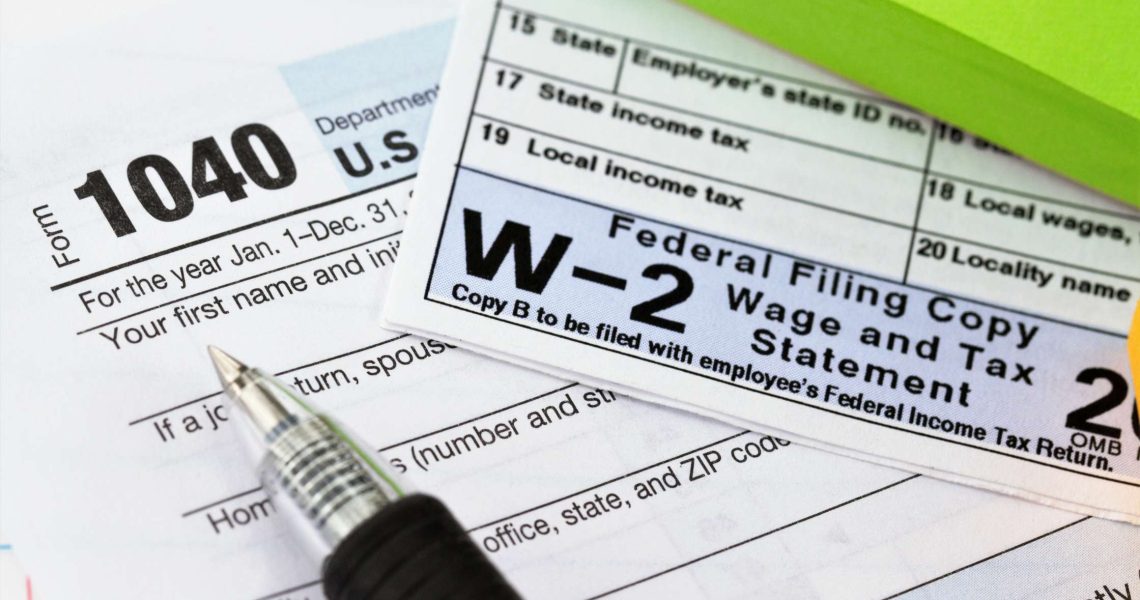Are you struggling to gather all your tax documents in one place? Ensuring you have the necessary paperwork ready is crucial for a smooth tax filing process.
As you start organizing your personal tax documents, you may wonder what specific items are essential for this year’s tax return. Understanding the significance of each document on the checklist can not only save you time but also potentially maximize your tax refund.
Let’s explore the key documents you need to have in hand to navigate through tax season successfully.
Required Identity Verification Documents
To ensure a smooth process, gather the necessary identity verification documents for tax purposes. Having these documents ready will streamline the tax filing process and help you avoid any delays or complications. Start by collecting your government-issued ID, such as a driver’s license or passport. These documents will verify your identity and ensure that the tax return is filed accurately.
Additionally, gather your Social Security card or Individual Taxpayer Identification Number (ITIN) letter, as this information is crucial for tax purposes. If you’re filing jointly with a spouse, make sure to have their identification documents as well.
Having these identity verification documents prepared in advance will save you time and make the tax filing process more efficient. Remember, accuracy in tax documentation is essential to avoid any discrepancies or issues with the IRS. By being proactive and organized with your identity verification documents, you can navigate the tax season with ease.
Income and Earnings Documentation
Gather your income and earnings documentation to accurately report your financial information for tax purposes. Start by collecting your W-2 forms from your employer, detailing your wages and tax withholdings.
If you’re self-employed, gather 1099 forms that outline income received from clients or businesses. Additionally, compile any statements from financial institutions showing interest earned on savings or investments. Don’t forget about income from rental properties; gather records of rent received and any related expenses.
For those with investments, gather brokerage statements reflecting dividends, capital gains, or losses. If you received unemployment benefits, ensure you have the necessary documentation. Lastly, if you earned income from freelance work or side gigs, gather invoices or receipts for services provided.
Organizing these documents will help you accurately report your income and ensure compliance with tax regulations. Keep these records separate from your investment and property documents, which we’ll cover next.
Investment and Property Records
Ensure you have detailed records of your investments and property to accurately track your financial portfolio. Keep statements from brokerage accounts, including transaction records, dividend income, and any capital gains or losses. Documentation for real estate holdings should include purchase prices, sale prices, rental income, and expenses like property taxes and maintenance costs.
For stocks and bonds, maintain records of purchase prices, sales prices, and any interest earned. Additionally, keep track of any investment-related expenses, such as advisory fees or trading costs, which can often be used to offset capital gains for tax purposes. If you own mutual funds, have records of your initial investment, reinvested dividends, and capital gains distributions.
Remember to gather documentation for any retirement accounts, such as 401(k)s or IRAs, including contributions, withdrawals, and rollovers. By organizing and maintaining these records, you’ll be well-prepared to accurately report your investment and property activities come tax time.
Deductions and Credits Proof
For solid proof of deductions and credits, securely store receipts and relevant documentation. Keeping track of your expenses is crucial for claiming deductions. Make sure to retain receipts for charitable donations, medical expenses, business expenses, and any other eligible deductions. Additionally, maintain records of tax forms such as 1098 for mortgage interest or 1098-T for educational expenses to support your claims.
When it comes to tax credits, hold onto documents that verify your eligibility. This includes records for expenses like child care, adoption costs, education credits, or energy-efficient home improvements. Keeping these documents organized and easily accessible will ensure a smooth filing process and help you maximize your tax benefits.
In the case of deductions and credits that require additional documentation, like business expenses or investment-related deductions, store all relevant paperwork such as invoices, receipts, and statements. Being diligent in maintaining these records won’t only support your claims but also safeguard you in case of an audit.
Additional Supporting Tax Documents
To enhance your tax filing process, consider organizing additional supporting tax documents for a smoother experience. Gathering documents like receipts for charitable donations, medical expenses, and educational expenses can help you maximize deductions. If you’ve sold investments, collected rental income, or received income from freelance work, ensure you have records detailing these transactions.
Keep track of any job-related expenses, such as uniform costs or professional development courses, as these may be deductible. Mortgage interest statements, property tax records, and statements from your retirement accounts are also essential for accurate tax filing. If you’ve made energy-efficient home improvements or purchased an electric vehicle, documents supporting these actions can qualify you for tax credits.
Lastly, don’t forget to gather any forms related to income received, such as W-2s, 1099s, or K-1s. By having these additional supporting tax documents in order, you can make the tax filing process more efficient and ensure you’re not missing out on potential deductions or credits.
Simplify Your Tax Prep with G&R Bookkeeping Services
Now that you have your personal tax document checklist in hand, you’re well on your way to a stress-free tax season. By gathering all the necessary paperwork and staying organized, you can ensure a smooth tax filing process.
Remember to double-check your documents and consult with a tax professional if needed. With proper preparation, you’ll be ready to tackle your taxes efficiently and effectively.
Trust G&R Bookkeeping to ease your tax burden and keep your finances in order. With our expert services, tax preparation becomes stress-free. Call us at (239) 424-9296 to get started.


